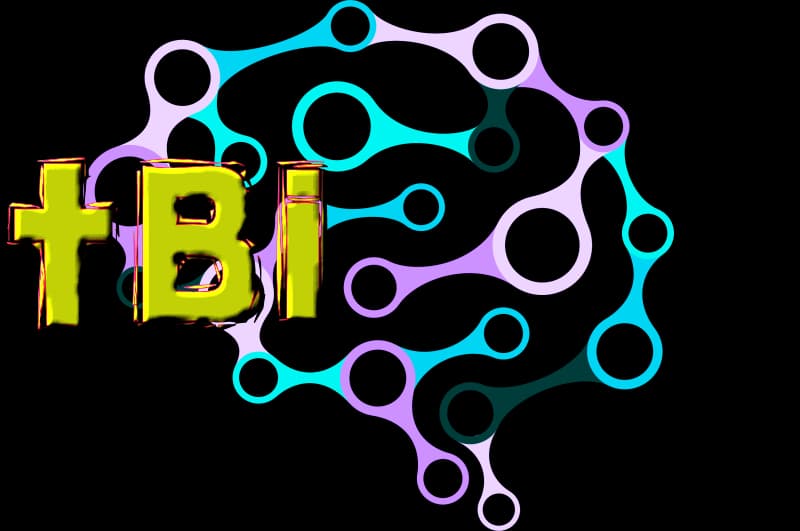Traumatic brain injury (TBI) is more common than most people realize, and can have a significant, lifelong impact on the injured person and his or her family. Some of the possible long-term effects of traumatic brain injury include:
- Frequent headaches or migraines
- Sensitivity to light and sound
- Dizziness
- Memory problems
- Cognitive issues
- Sleep disorders
- Visual impairment
- Seizures
- Depression and anxiety
- Irritability or aggressiveness
- Personality changes
- Loss of focus
Symptoms and severity vary from person to person. Some people living with TBIs return to the lives they were living before the injury, though they may suffer some ongoing issues. Often, people facing memory problems, mild cognitive disorders and other symptoms after a TBI can—usually with professional assistance—put systems in place that allow them to compensate for deficits and remain largely independent.
Others, however, require more extensive care and adjustment. For instance, some victims of traumatic brain injury are unable to return to their previous careers, or even unable to work at all.
Most Common Causes of Traumatic Brain Injury
Statistics differ on the frequency of traumatic brain injury, but estimates range from about 1.7 million to about 2.5 million new cases each year. And millions of Americans are living with disabilities caused by TBI. While there are many possible causes of traumatic brain injury, the overwhelming majority of TBIs result from a handful of incident types.
The leading causes include:
- Motor vehicle accidents
- Falls
- Being struck by or against something (accidental)
One thing these common causes all have in common is that they are often caused by someone else’s negligence. For example:
- Traumatic brain injuries have been found to account for more than 20% of work-related fatalities and nearly half of all fatal workplace falls. Another study put the percentage of work-related fatalities attributable to TBIs even higher. Work-related falls and other fatal injuries will almost certainly give rise to workers’ compensation claims. And, many may also form the basis for a personal injury suit against a third party, such as the owner of a construction site property or another contractor working on the premises.
- Non-work-related falls often result from negligently-maintained property or insufficient protective measures like rails and protective barriers.
- While there are occasional exceptions, the vast majority of automobile accidents result from someone’s negligence through an act such as distracted driving, drunk driving, speeding, or poor vehicle maintenance. Some car accidents also happen because a motor vehicle part was defective.
In other words, there is very often a third party who is liable for some type of compensation in connection with a traumatic brain injury. Legal issues are likely the furthest thing from your mind in the wake of a serious injury, or while you are helping a loved one to recover and adapt after a head injury. But, holding the responsible party accountable can help fulfill critical needs, like access to medical care and therapy after a serious injury. A personal injury suit can also help to replace lost income and provide a safety net for your family when your ability to earn a living has been impacted by a serious injury like a TBI.
If you’ve suffered a serious head injury in a fall, a motor vehicle accident, a work injury, or otherwise through someone else’s negligence, you owe it to yourself and your family to consult an experienced personal injury attorney. You can schedule a free consultation with attorney Kevin J. Broderick, who represents personal injury victims in both Massachusetts and New Hampshire, by calling 978-459-3085 or filling out the contact form on this site.

